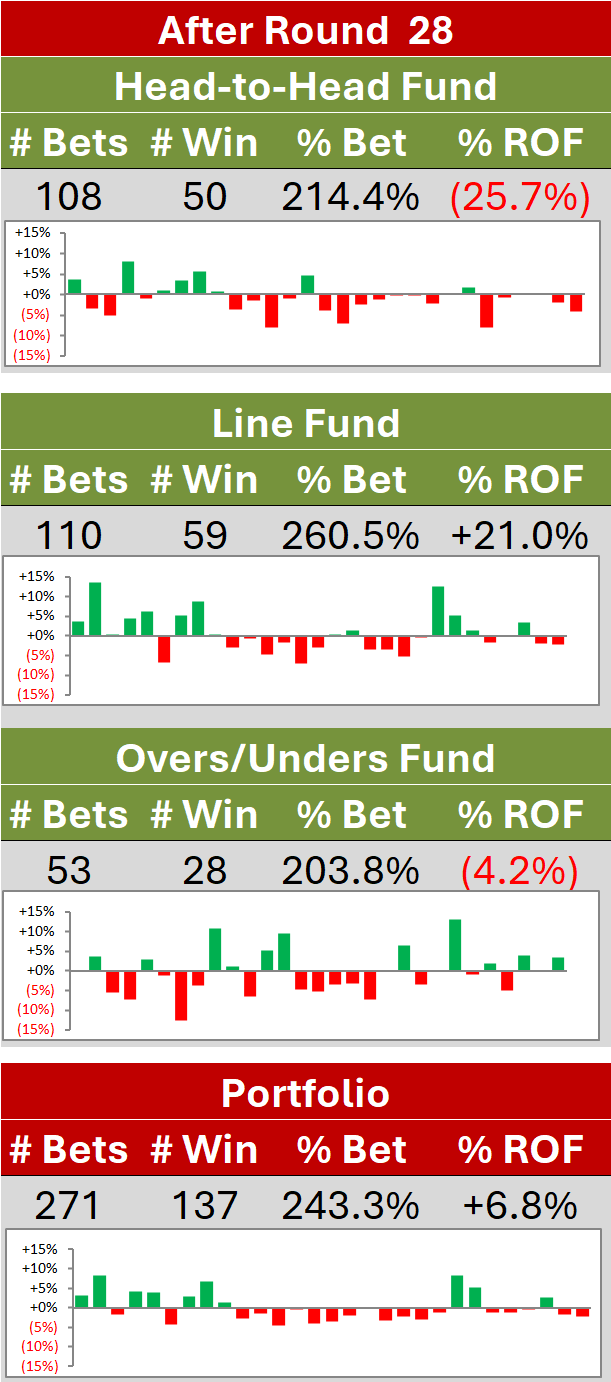Scoring Shot Conversion Rates: How Predictable Are They?
/In my earlier posts on statistically modelling team scoring (see here and here) I treated Scoring Shot conversion as a phenomenon best represented by the Beta Binomial distribution and proceeded to empirically estimate the parameters for two such distributions, one to model the Home team conversion process and the other to model Away team conversion. The realised conversion rates for the Home team and for the Away team in any particular game were assumed to be random, independent draws from these two fixed distributions.
Read More
